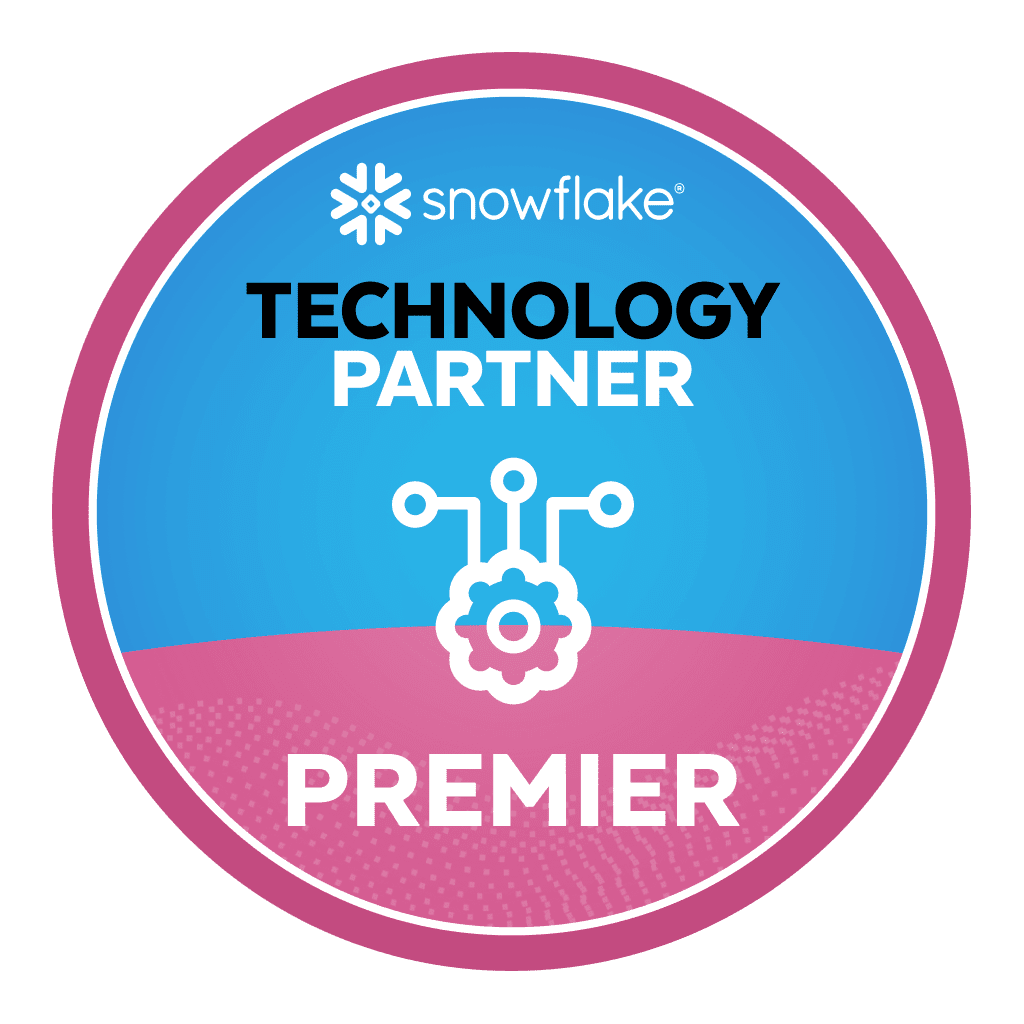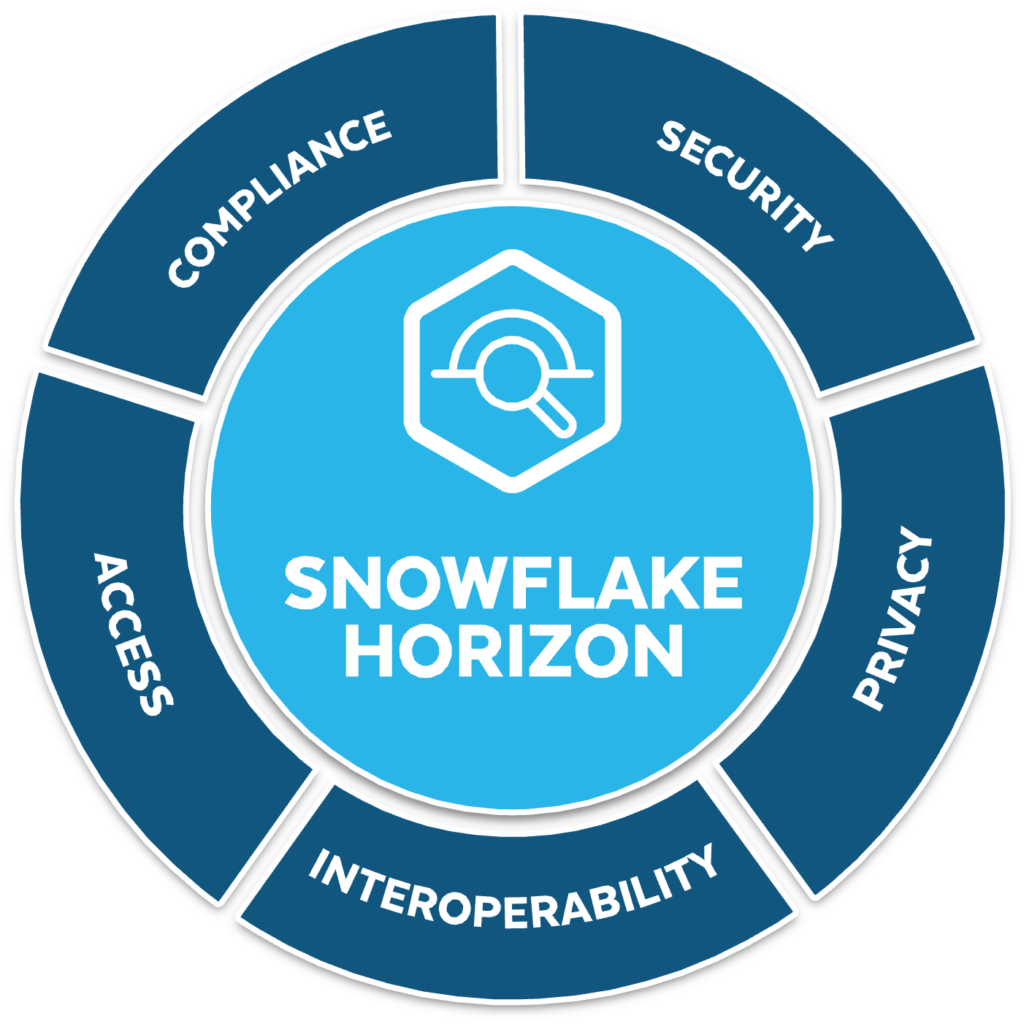Data owners are stakeholders within an organization or company accountable for the data quality and governance of one or more data assets. The term covers activities such as the applications of definition, course of action taken to ensure data quality, provide data quality reporting, and provide monitoring.
A data owner must be a senior stakeholder as they are authorized to address necessary changes to ensure data’s excellent quality and governance. It also requires the power to address actions that might require budgeting, resource allocation, and undertaking data cleaning initiatives.
The term data ownership refers both to the position and responsibility for the quality and governance of data, both in terms of power and control. Organizations can also use the word ‘ownership’ interchangeably with ‘stewardship.’ It implies a broader sense of responsibility where the users are required to weigh the consequences of applying transformation and changes to data. Data ownership also means having legal rights and complete control derived from ownership over a data asset. It is a term that seeks to provide information about the legal owner of data assets and the acquisition, use, and distribution policy implemented by the data owner.
It is a common practice in companies and organizations, as data flows throughout different units and systems, to assign to each data asset a single owner with rights and control over it. This single ownership is often cumbersome, although it is a critical step for compliance.
Advantages of Single Point Of Data Ownership
- Accountability: Ownership creates accountability that ensures that data owners will continuously monitor data for compliance. In this context, GDPR requires the application of many controls on personal data. Among them are the assignment of responsibilities and ownership.
- Defining policies: data ownership implies the responsibility of applying and defining policies which can be, for example, retention and control of the data according to data protection regulations, which ultimately are enforced through data governance initiatives.
- Ensuring that data can be trusted: data ownership is necessary to ensure that the customer can trust data. Poor quality in data could lead to unpleasant customer experiences, wrong business decisions due to wrongful data, or penalties derived from not being compliant with data protection regulations.
- Eliminating redundancies: As organizations strive to apply data governance frameworks to comply with GDPR and other data protection regulations, commonly a source of frustration is reduced productivity. This issue stems from the fact that several teams might be addressing the same problem, which might overlap and hinder the team’s ability to perform its original purpose. Therefore, federated data ownership allows teams to focus on their original purpose rather than constantly ensure good data quality and governance.
Establishing data ownership is primarily a data governance process that ensures the proper quality and management of a company or organization’s data assets. It is a practice that seeks to clearly define actors responsible for compliance with quality and management standards. These standards have the objective to comply with data protection regulations, data quality assurance and minimize the possibility of data security incidents such as data leakages and breaches.
Streamline Access to Data With Satori
Satori provides organizations with a data portal that allows data users to easily get access to data using a user interface or a Slack integration. Data is protected by easy-to-manage security policies such as dynamic masking, and sensitive data is continuously discovered.
Learn more:



